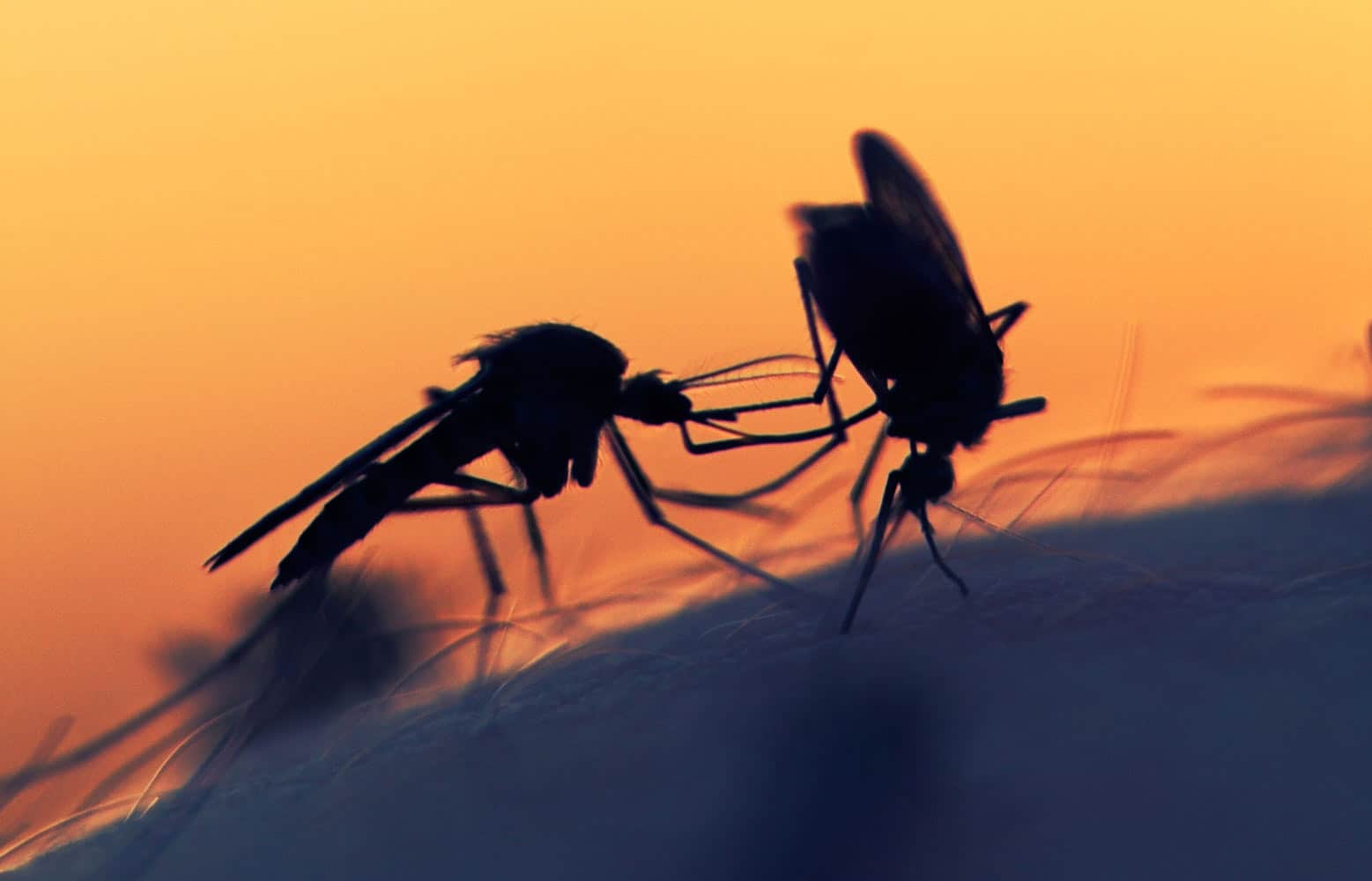Fatal Attraction: Mosquitoes’ Sweet Tooth Could Lead To Their Destruction
I’ve always kind of known what my autobiography is going to be titled- “how my love for sweets led to my downfall”. Although, now it seems better suited for a mosquito rather than a large human being.
Reason? Mosquitoes aren’t just blood thirsty, they also have a sweet tooth.
No kidding. And scientists, as usual, exploiting this nature of mosquitoes, have developed an environmentally friendly eradication method. They have recently invented an aromatic cocktail derived from plant nectars that strongly attracts the insects to feed on a pesticide-laced potion.
“The blend of chemicals that we use to attract mosquitoes is so powerful that they will ignore natural plant odors and attractants in order to get to our formulation,” says Agenor Mafra-Neto, Ph.D. “From a mosquito’s point of view, it’s like having an irresistible chocolate shop on every corner. The product is so seductive that they will feed on it almost exclusively, even when it contains lethal doses of insecticide.”
Efforts to reduce mosquito populations by spraying insecticides across wide areas or distributing insecticide-containing bed netting have helped in some places. But many mosquitoes have evolved resistance to certain insecticides. To
make matters worse, widespread insecticide use has contaminated soils and streams and wreaked havoc on beneficial insects, such as bees and other pollinators.Every year, approximately 725,000 people die from mosquito-borne diseases like malaria, according to the Bill & Melinda Gates Foundation.
To avoid them all, researchers at the ISCA Technologies and several others from various universities collected a variety of sweet-smelling flowers and other nectar-producing plants.
They used a technique known as gas chromatography to separate and identify the odor compounds. They then exposed mosquito antennae to thousands of the compounds to determine which might have a biological effect. At the same time, they eliminated scents that seemed to attract bees. Once they settled on a combination of 20 compounds, they added mosquito-killing insecticides, such as pyrethroids or spinosad, to the mix.
The resulting product, which is called Vectrax, is a slow-release formula for use indoors or outdoors. It can be applied as a spray, which produces 1- to 5-millimeter dollops on vegetation or building eaves, or as a semi-solid, caulk-like gel on cracks or holes in outdoor structures.
The researchers are conducting field tests in Tanzania, an African nation where 93 percent of the population is at risk for malaria. In preliminary results, they found that mosquito populations plunged by two-thirds in just two weeks in Vetrax-treated communities compared to untreated ones.
The new approach definitely sounds highly promising and unique- Unlike many mosquito control approaches such as aerial spraying and bed nets, it may work well both indoors and outdoors.
Mafra-Neto says his company is working now to get approval for their formulation from the U.S. Environmental Protection Agency, which he says could come in as little as 1 year.
“I truly hate mosquitoes and ticks,” Mafra-Neto says. “Imagine: Maybe one day we will be able to go into our backyards or parks and not have to worry about being bothered by either of them.”






























